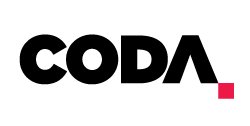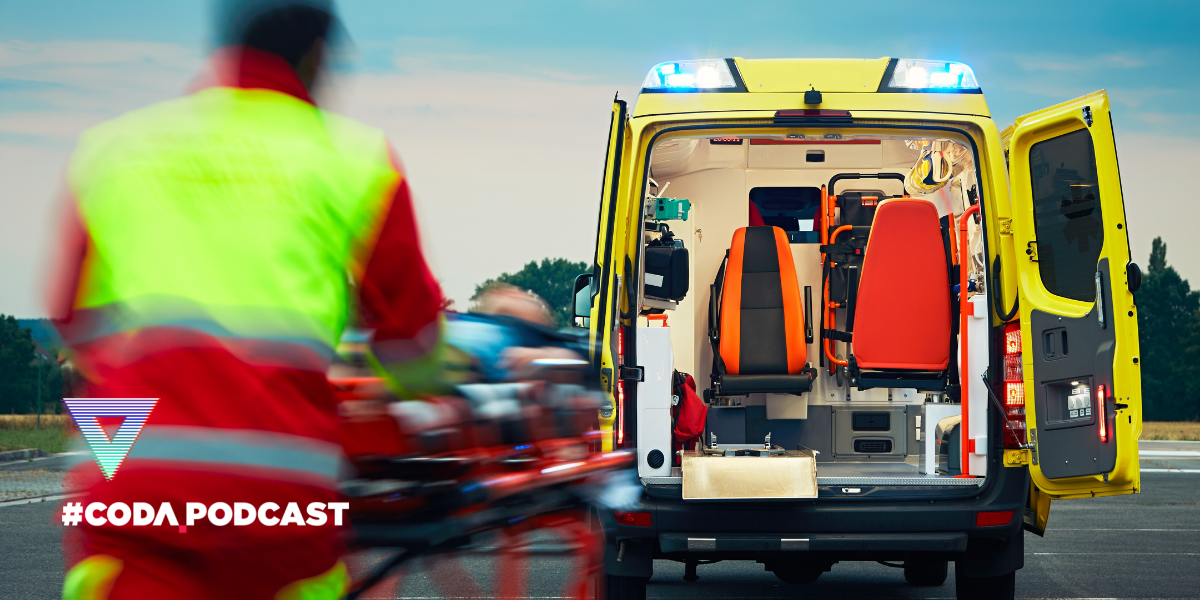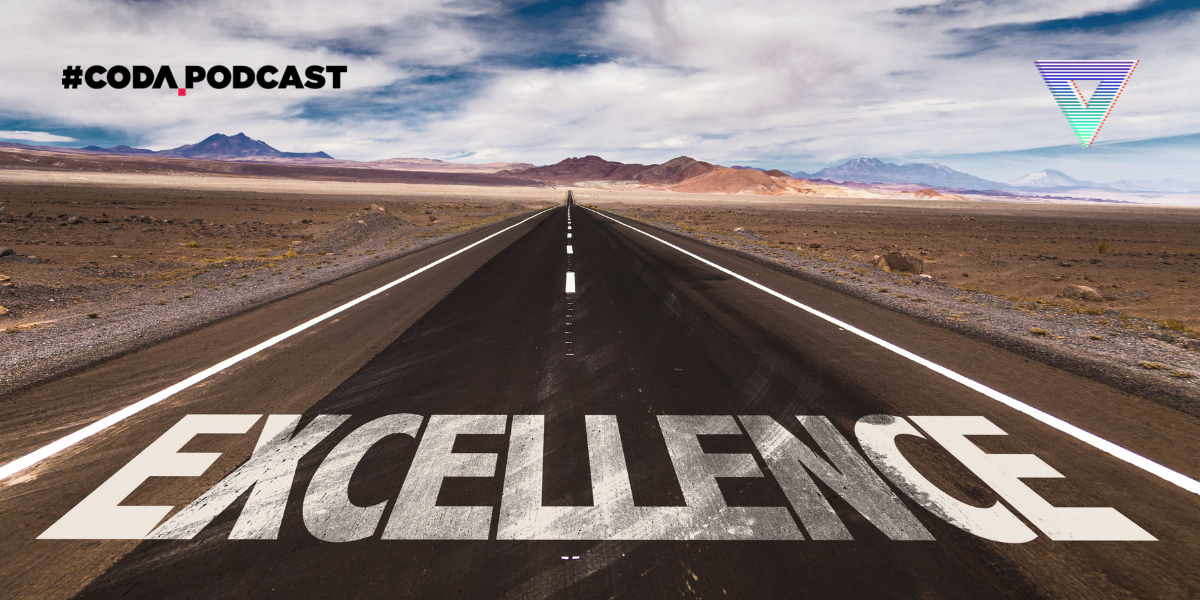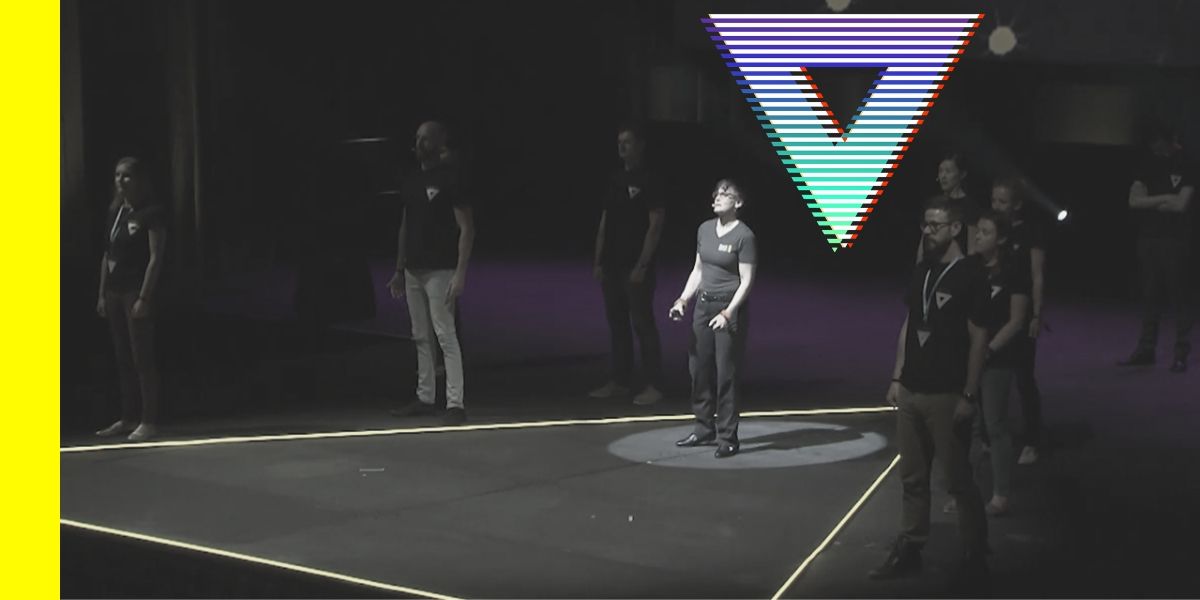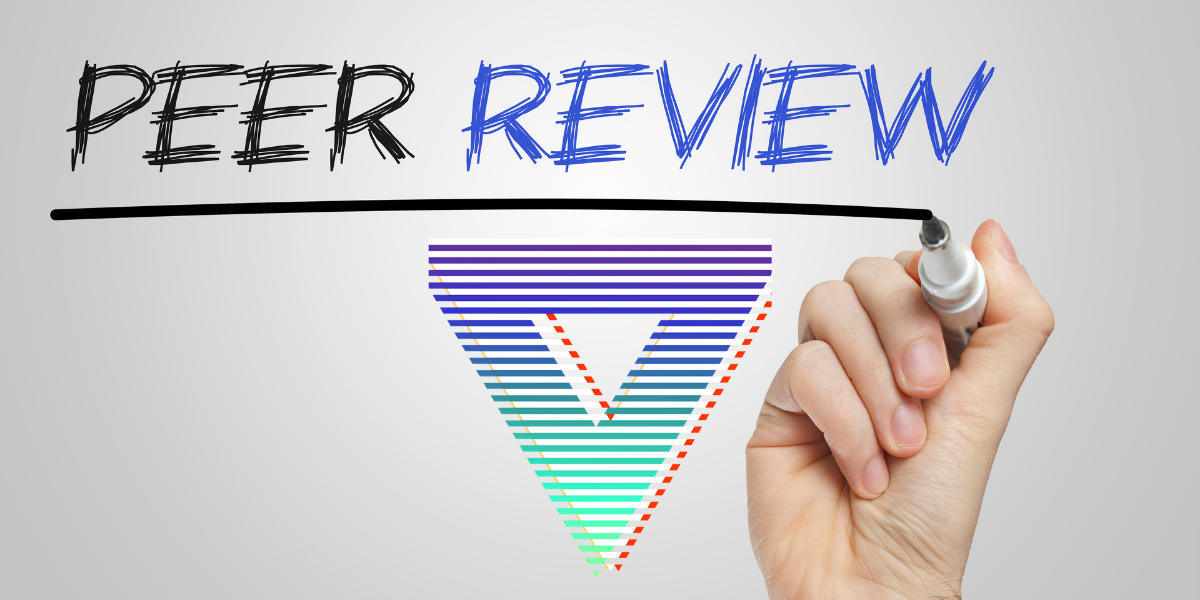An alternate future for Emergency Medicine: Michelle Johnston
Dr Michelle Johnston talks about dystopian futures and the relevance of emergency medicine in forming such futures.
Literature can provide insights into the two types of future we can expect: an optimistic, technologically advanced future as showcased in the movie “Blade Runner” or a dystopian future as envisioned by George Orwell in the novel “1984”.
She discusses how different authors have written along similar dystopian themes with government controlling all aspects of human life. Some examples are novels like “Brave New World” by Aldous Huxley and “The Handmaid’s Tale” by Margaret Atwood. Or, “The Hunger Games”, “The Maze Runner”, and movies like “Brazil”.
The common theme of these stories is oppression of the individual, non-existence or illusion of freedom, poverty, and police societies.
Michelle believes that dystopian literature is based on the tiny fears of individuals and how they react to it, shaping the future.
Therefore, she asks the question: what are the things that we do today that might lead to a dystopian future?
She begins with discussing technology in emergency medicine that already exists and points towards a bright utopia. This includes augmented reality, smart glasses, shmeat, 3-D printed replacement parts, robots, nano-robots and genome mapping.
Michelle next discusses factors in emergency medicine that might lead us to a dystopian future. Over use of broad-spectrum antibiotics combined with uncontrolled use of antibiotics in agriculture, and international travel has led to increased microbial resistance.
Unnecessary tests and treatments are another factor contributing to a dystopian future. Economic inequity in emergency medicine. One side of society spend huge amounts on sustaining the last years of a patient’s life. Meanwhile, on the other side, huge populations are deprived of basic needs.
Increased waste production by hospitals due to increased usage of disposable tools is contributing to climate change. Administrative bureaucracy is another factor which though necessary, might be restricting creativity and individuality.
Michelle concludes by quoting Immanuel Kant: “Even small decisions ought to be made as if we were choosing for all of humanity, not just our paltry self.”
An alternate future for Emergency Medicine by Michelle Johnston.
Finally, for more like this, head to our podcast page. #CodaPodcast
Michelle Johnston
Michelle Johnston is an Emergency Physician and author. Extremely fond of words, teaching, and grass roots emergency medicine. Not overly keen on meetings. Lukewarm feelings about efficiency. Conflicted about social media. Please talk to me about books.
